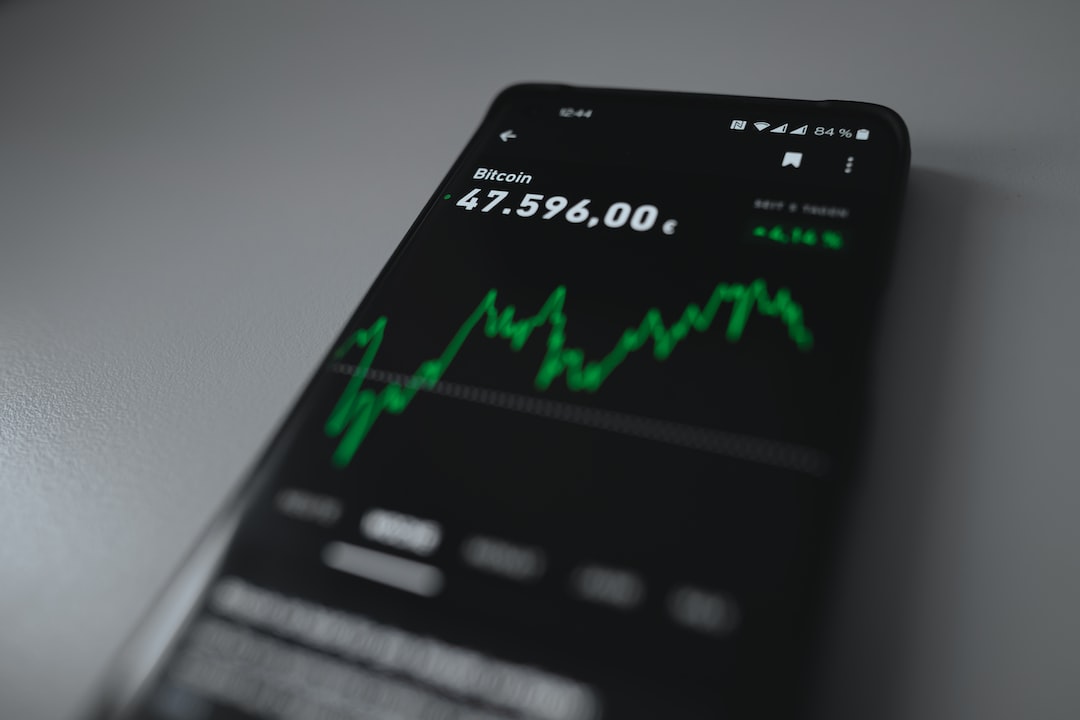Forex, also known as foreign exchange, is a decentralized global market where all the world’s currencies trade. It is the largest and most liquid market in the world, with an estimated daily turnover of $5.3 trillion. Forex trading has become increasingly popular over the years, with more and more people looking to invest in this market. However, before you start trading in forex, it is essential to do your research to ensure you make informed decisions.
Here are some things that you should research for forex:
1. Currency pairs
The first thing to research for forex is the currency pairs that you want to trade. A currency pair is the exchange rate between two currencies. For example, EUR/USD is the exchange rate between the Euro and the US dollar. There are many currency pairs available to trade, but some are more popular than others. You should research the currency pairs that are most traded and those that are less volatile.
2. Economic indicators
Economic indicators are statistics that reflect the health of an economy. They provide valuable information on the state of the economy, which can help you make informed trading decisions. Some of the most important economic indicators to research include GDP, inflation rates, interest rates, and employment data. These indicators can help you understand the direction of a currency’s value and its potential future movements.
3. Technical analysis
Technical analysis is the study of historical price data and chart patterns to identify trends and make trading decisions. It is an essential tool for forex traders, and it is essential to understand the different technical indicators, such as moving averages, relative strength index, and Fibonacci retracements. You should also research different chart patterns, such as head and shoulders, double tops, and triangles.
4. Fundamental analysis
Fundamental analysis is the study of economic, financial, and other qualitative and quantitative factors that may affect a currency’s value. It involves analyzing economic data, news events, and other factors that may influence the market. Fundamental analysis is essential for long-term trading and can help you understand the underlying factors that drive the market.
5. Brokerage firms
Choosing the right brokerage firm is crucial for forex trading. You should research different brokerage firms and compare their fees, trading platforms, customer support, and other features. It is also essential to ensure that the brokerage firm is regulated by a reputable regulatory authority, such as the Financial Conduct Authority or the National Futures Association.
6. Risk management
Forex trading involves significant risk, and it is essential to manage your risk effectively. You should research different risk management strategies, such as stop-loss orders, position sizing, and diversification. It is also essential to have a trading plan and stick to it to avoid emotional trading decisions.
7. Trading psychology
Trading psychology is the study of how emotions and mental states can affect trading decisions. It is essential to research trading psychology and understand the different emotions that can influence trading decisions, such as fear, greed, and overconfidence. You should also research different techniques for managing emotions, such as meditation, mindfulness, and visualization.
In conclusion, forex trading can be a lucrative investment opportunity, but it is essential to do your research before you start trading. You should research currency pairs, economic indicators, technical and fundamental analysis, brokerage firms, risk management, and trading psychology. By doing so, you can make informed trading decisions and manage your risk effectively.





